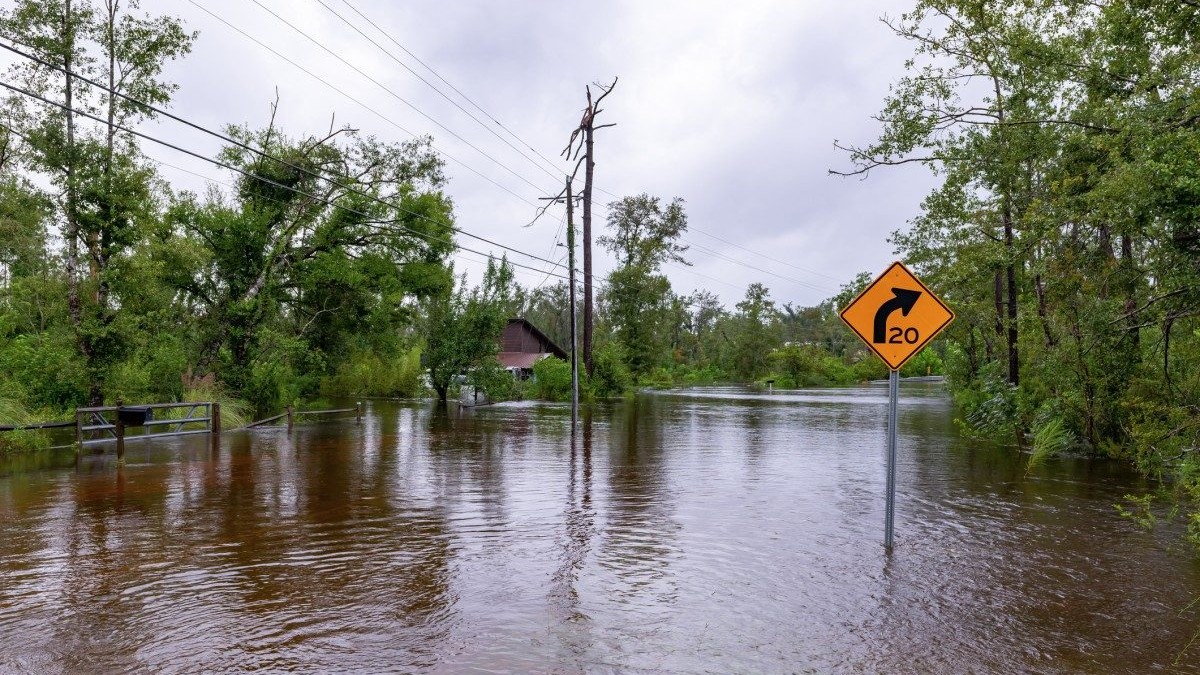Florida hurricane causes headache for logistics sector

The logistical impacts of Hurricane Ian in Floria could last for weeks, if not longer, according to reports out of the United States.
The Category 4 storm made landfall at Florida on Wednesday local time, with early assessments offering a grim look at widespread damage. United States President Joe Biden said it could be the deadliest hurricane in Florida’s history, with early reports showing what may be substantial loss of life.
Infrastructure-wise, more than 2.6 million Floridans were without power, with some counties almost completely in the dark. Nearly 20% of Tampa gas stations have reported fuel shortage and access issues.
Several major truck stop chains have announced store closures to allow staff to evacuate, while others attempted to stay open to provide fuel and supplies to first responders and community members.
Governor Ron DeSantis said the Florida Department of Transportation was working to make sure roads and interstate highways were open, however the storm has affected key ports. Port Tampa Bay, a major facility for fuel that is mostly barged over from refining centers on the Gulf Coast, remains shut down.
Meanwhile, the Federal Motor Carrier Safety Administration has waived hours-of-service restrictions in eight states for motor carriers moving emergency relief supplies, equipment and fuel into states affected by the storm.
The emergency order covers Alabama, Florida, Georgia, Kentucky, Mississippi, North Carolina, South Carolina and Tennessee, waiving the 14-hour driving window, 11-hour driving limit and other HOS rules.
The storm has also caused significant delivery delays, with FedEx, UPS, U.S. Postal Service and XPO Logistics reporting delivery delays across the Southeast.
Ian, which was downgraded to a tropical storm, was expected to strengthen back into a hurricane and make landfall in South Carolina soon.





